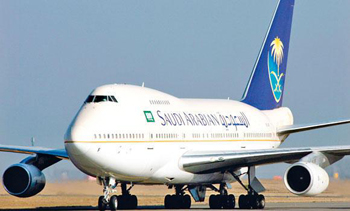Apr 20: Eight Indians, including two engineers, have died due to the novel coronavirus in Saudi Arabia, according to a media report on Sunday.
Mohammed Aslam Khan, an electrical engineer in Makkah, and Azmatullah Khan, an engineer at the Makkah Haram power station, have died due to the COVID-19, Saudi Gazette reported.
Aslam Khan, aged 51, who hailed from Meerut in Uttar Pradesh, was admitted to King Faisal Hospital, Makkah on April 3, following worsening of his condition after being infected with fever and throat pain.
He had been on ventilator for more than two weeks and breathed his last on Saturday night, the paper said.
Khan is survived by wife and a daughter and a son. His wife and children are under self-imposed home quarantine.
Azmatullah Khan, from Telangana, died of coronavirus on Friday.
Mujeeb Pukkottoor, a prominent Indian social worker and general secretary of Makkah chapter of Kerala Muslim Cultural Center, told the paper that the body of Khan was buried in Makkah on Sunday.
Khan, aged 65, had been working with Saudi Binladin Group for the last 32 years.
Fakre Alam, an employee at the Haram Project of Saudi Binladin Group in Makkah, died on Sunday due to infection, the paper said.
Barkt Ali Abdullatif Fakir, an electrical technician working in Medina, also died of coronavirus, it said.
According to the Saudi Ministry of Health’s daily report published on April 14, the number of coronavirus infected cases among workers of Saudi Binladin Group in various parts of the Kingdom stood at 117, and these included 70 cases in Makkah.
The first two Indian fatalities were reported from Medina and Riyadh earlier this month with the death of Shebnaz Pala Kandiyil (29) and Safvan Nadamal (41), both from Kerala.
Mohammed Sadiq, from Hyderabad, working in Jeddah and Suleman Sayyid Junaid (Maharashtra) are other Indians who died due to COVID-19 in the Gulf kingdom, the paper said.
Shebnaz from Panoor in Kannoor district died on April 3 and his body was buried in Medina on April 7. He came back to the Kingdom March 3 after his marriage in January.
Safvan, a taxi driver from Chemmad in Malappuram district, died on April 2 and was buried in Riyadh on April 8.
 Jeddah, Dec 3: Saudi Arabian Airlines delayed one of its flights after a passenger claimed he saw the plane crash in a dream. The flight was supposed to travel from King Khaled International Airport in Riyadh to Jeddah on Tuesday morning.
Jeddah, Dec 3: Saudi Arabian Airlines delayed one of its flights after a passenger claimed he saw the plane crash in a dream. The flight was supposed to travel from King Khaled International Airport in Riyadh to Jeddah on Tuesday morning.




Comments
Add new comment